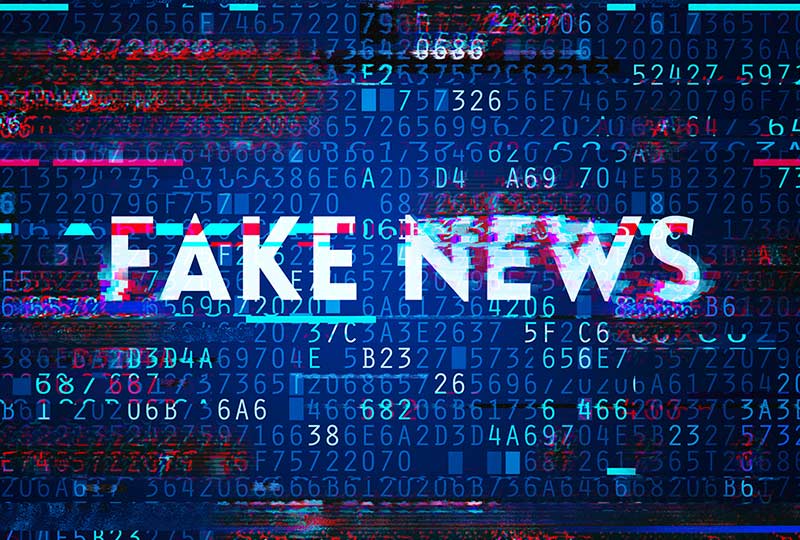OpenAI Holds Back New Research to Mitigate Potential Societal Consequences
OpenAI has made the cautious choice to refrain from publishing its latest research due to concerns over potential misuse and the negative societal ramifications that could ensue. The institute, which counts influential figures such as Elon Musk and Peter Thiel among its backers, has developed an AI capable of generating convincing ‘fake news’ articles.
This AI can create articles on virtually any topic, needing only a simple prompt to begin its work autonomously. It pulls data from approximately 8 million web pages, focusing exclusively on those posted to Reddit that have received a ‘karma’ score of three or higher. This verification implies that the content resonated with some users, although the exact reasons remain unclear.
Often, the text produced—crafted word-by-word—appears coherent but is entirely fabricated, including the ‘quotes’ used within the articles. Below is a sample provided by OpenAI:
While many technologies can indeed be exploited for nefarious purposes, this does not necessitate halting progress altogether. Computers have undeniably enriched our lives, even though stringent laws and regulations are essential to mitigate their darker applications.
OpenAI identifies several ways in which advancements like its own may positively impact society:
– AI writing assistants
– More sophisticated dialogue agents
– Unsupervised translation across languages
– Enhanced speech recognition systems
Conversely, there are numerous negative consequences that could arise from such developments:
– Generation of misleading news articles
– Online impersonation of individuals
– Automation of abusive or forged content for social media
– Automation of spam and phishing content
Some innovations carry potential consequences that are not fully understood until they materialize. For instance, when Einstein formulated his renowned equation, he never anticipated its future utilization in building nuclear weapons.
Hiroshima stands as a grim reminder of humanity’s capability for destruction, and we must hope it continues to underline the perils associated with nuclear weapons. There rightly exists a societal taboo against weapons designed to inflict harm, yet the damage caused by misinformation can also be profound.
We currently find ourselves in an era rife with bots and disinformation campaigns, some wielded by foreign powers to skew policy and instigate chaos, while others are engineered to manipulate and provoke fear. Because these harmful campaigns are not overtly lethal, their impacts tend to be more detached from public perception. In the last year, we have witnessed heart-wrenching events, such as families being torn apart at borders and refugees subjected to torment at schools due to misleading anti-immigration rhetoric.
At present, there exists a semblance of accountability for misinformation campaigns; in most cases, a person is responsible for the articles being read and can potentially face consequences for the publication of false information. However, the introduction of AIs like the one developed by OpenAI complicates this issue significantly. Such technology allows articles to be disseminated en masse across the internet, potentially swaying public opinion on critical issues, which harbors unsettling implications.
The combination of fabricated articles with DeepFake images and videos should instill a sense of dread in anyone aware of these developments. OpenAI recognizes its responsibility and has made the prudent decision to withhold its latest research from public view. It is hoped that other entities within the industry will take cue from OpenAI, reflecting on the broader implications of their innovations.






